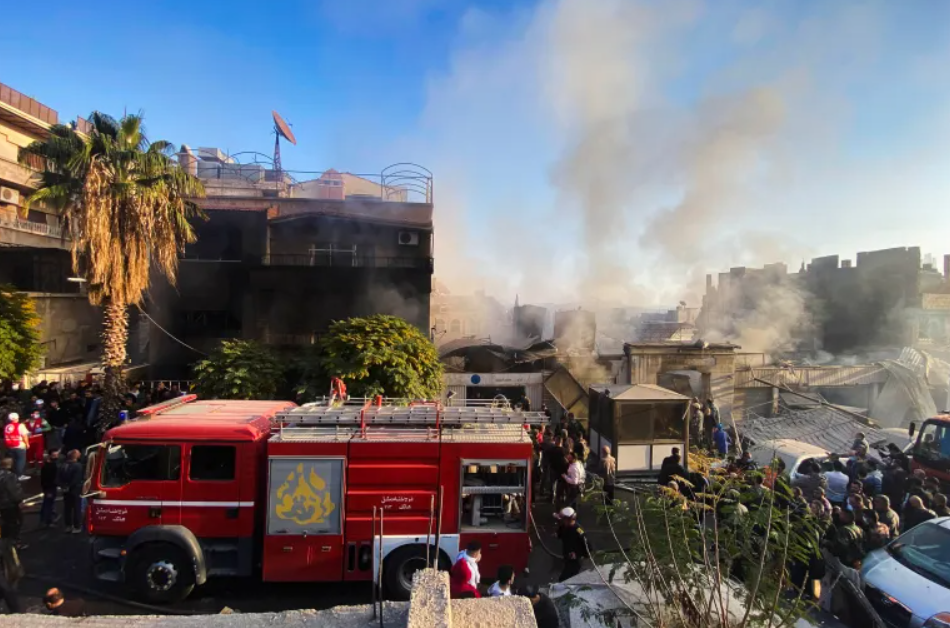Indonesia and particularly Bali are ridiculously popular holiday destinations. However, the islands (of which there are about 17,500) are home to around 130 active volcanoes – it sits at the end of the Pacific Ring of Fire, after all – and while they’re what makes the landscape here so dramatic, it can pose problems for travel and safety.
On November 3, Mount Lewotobi Laki-Laki erupted and air travel to the nearby islands has been impacted ever since. So, if you have a trip booked to Bali sometime soon, here is everything you need to know before you travel.
What’s happening in Bali?
Mount Lewotobi Laki-Laki, a volcano on the Indonesian island of Flores, erupted on November 3 and has been periodically producing ash over the last week. On Tuesday alone, ash billowed out in 17 different bursts, the highest of these reaching approximately nine kilometres into the air.
Is it safe to travel to Bali?
As a result of the hot ash produced by the volcano, 10 people have died and around 15,000 have been evacuated since November 3. The volcano erupted again in the early morning on Thursday November 14, and thick ash is still billowing from its crater.
Officials who have journeyed back into the affected areas have so far uncovered large craters in several places and a school which had been destroyed.
Are flights to Bali cancelled and when will they resume?
Flight disruptions were reported at Bali International Airport after Mount Lewotobi Laki-Laki’s continued eruption, and according to the Independent, thousands of passengers were stranded on yesterday (November 13) after nearly a dozen airlines grounded all flights scheduled to reach and depart from the Denpasar Airport in Bali.
Two Korean Air Flights were forced to turn around because of the ash yesterday, and all flights to and from Lombok in the West Nusa Tenggara Province were cancelled. General Manager of Bali’s Ngurah Rai airport, Ahmad Syaugi Shahab, said 26 domestic and 64 overseas flights were cancelled, including ones from Singapore, Hong Kong, Qatar, India and Malaysia.
However, today flights operated by airlines such as Qantas, Jetstar and Virgin Australia resumed some of their services from Bali to Australia thanks to ‘improved’ conditions. If you’re about to fly to Bali, check for the latest information from your airline directly.
What’s the foreign office saying?
The FCDO updated its travel advice yesterday, and there are several areas it strongly advises against travelling to. The page reads: ‘FCDO advises against all travel to within 7km of the crater of Mount Lewotobi Laki-Laki on Flores Island, East Nusa Tenggara Province. This is an exclusion zone put in place by the local authorities. Mount Lewotobi Laki-Laki erupted on 3 November 2024.’
It also advises against all travel within 5km of the Mount Sinabung crater in Karo Regency, North Sumatra and within 3km of the crater of Mount Marapi in West Sumatra, which are both exclusion zones put in place by local authorities.
Read more about other areas the FCDO advises against travelling to in Indonesia here.
What are your rights as a traveller?
Travelling to Bali has not explicitly been advised against, so to see if your trip can be cancelled or rearranged, you’ll need to check directly with your travel provider. If you enter one of the zones advised against by the FCDO, that can invalidate your travel insurance, but there’s no guarantee of a refund for your trip more generally.
Stay in the loop: sign up to our free Travel newsletter for all the latest travel news and best stuff happening across the world.














